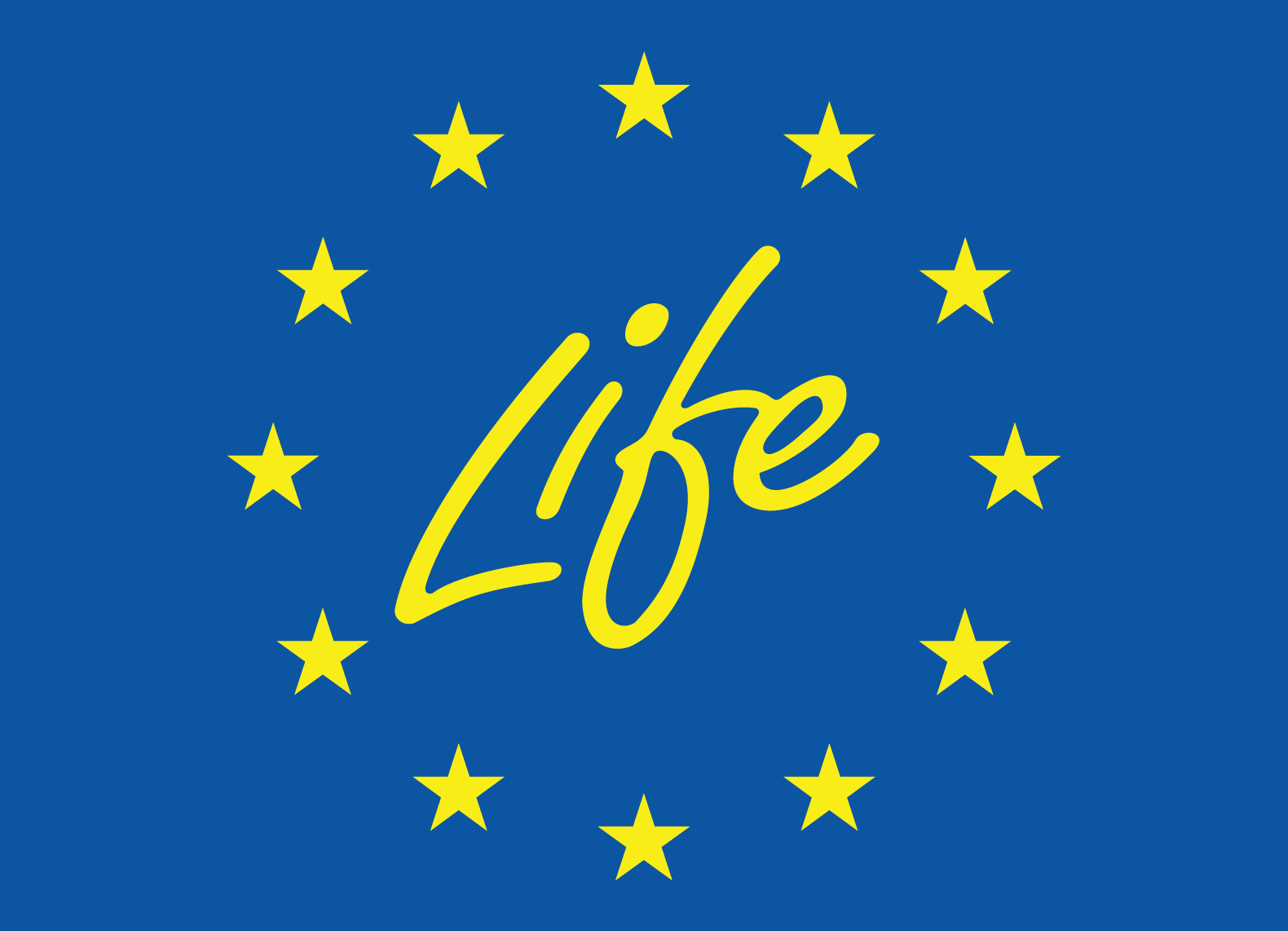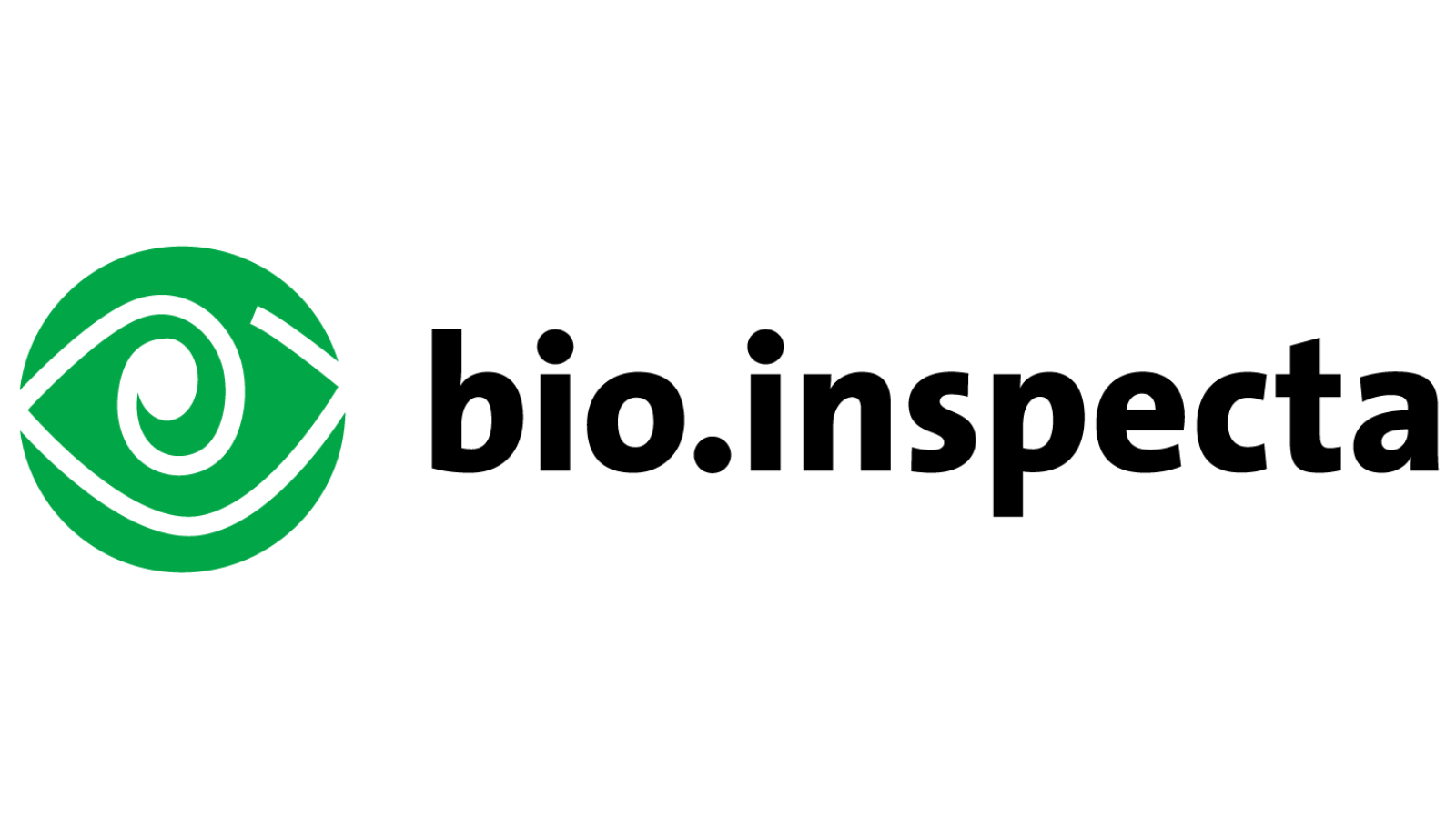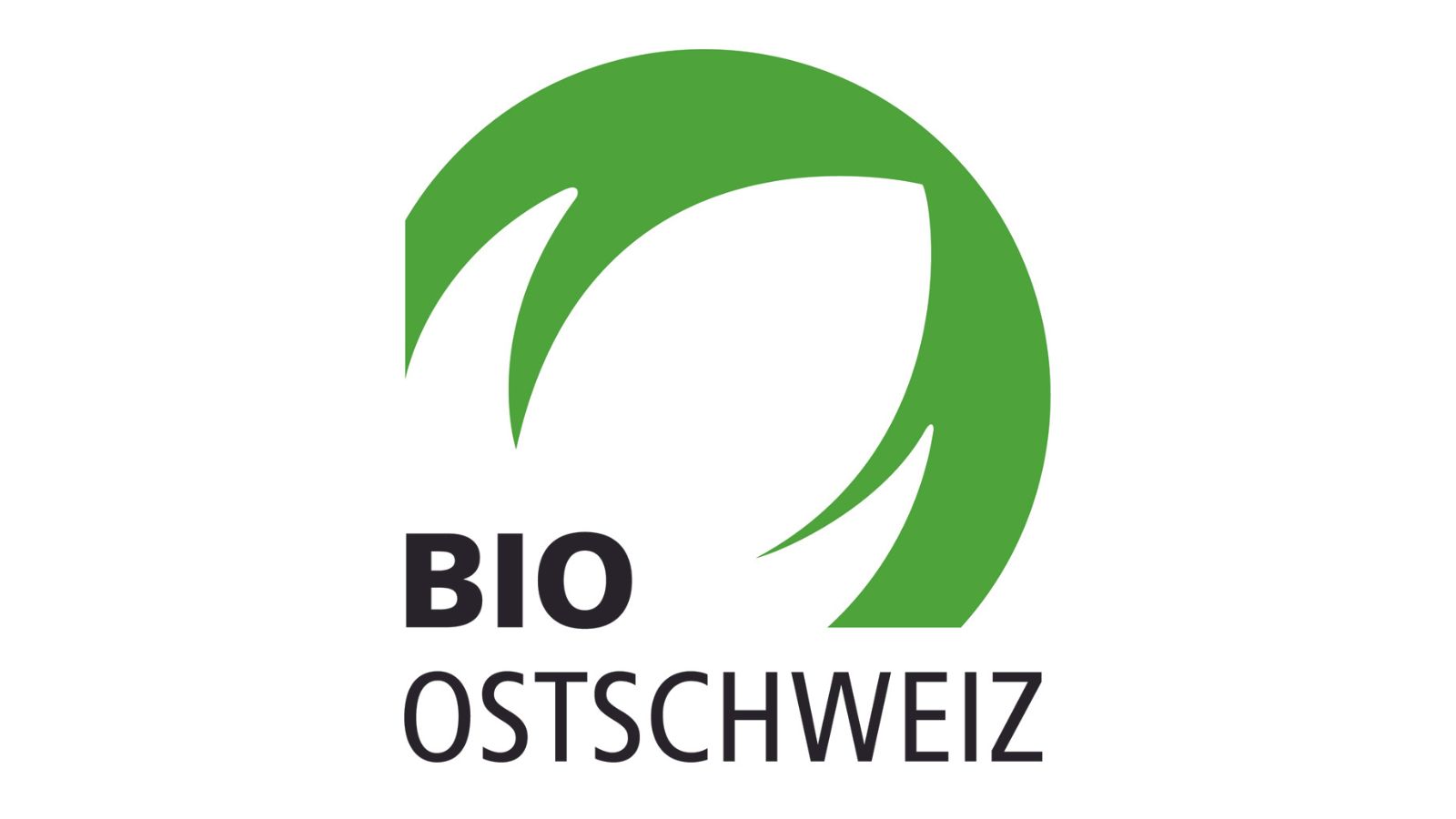
Participant information – Organics Europe Youth Event 2022
Organic and You(th): Together for sustainable food systems
We are very excited to meet you at the Organics Europe Youth Event 2022, on 31 August – 1 September in Frick, Switzerland. We have prepared below all the practical information you need to know about your participation in the event. Please visit our webpage for the full programme of the event and the excursions.
Get-together on 30 August
The first networking occasion with other participants will be an informal get-together hosted today, the day before the event, 30 August, starting at 17:00 at Markthalle in Basel, Steinentorberg 20.
How to get there? It’s a two-minute walking distance from the station Basel SBB or tram lines 1, 2, 16 and 8 Stop «Markthalle». Alternatively, you can download the transport applications BVB or TNW tickets to your smartphone to plan your journey and purchase your ticket.
What’s in for you? Firstly, you get the chance to meet and bond with fellow event attendees. Furthermore, we can brief you about the area, the event, the public transport, and any other questions you may have. In the Markthalle, you will also have the opportunity to buy yourself dinner for affordable prices at the street food stands. Last but not least, for those who come to the Markthalle, OEYE offers a drink.
How to get there?
The event is hosted at the Research Institute of FiBL Switzerland. Click here for the event facility’s map. To help you navigate to the event location (FiBL, Ackerstrasse 113, 5070 Frick), we have prepared you some good to knows.
Basel card:
If you pre-book a room in a hotel in Basel, you can use the local public transport in Basel right after your arrival, you only need the confirmation of your hotel. At the hotel, you will get a pass (Basel card) to take all public transport in the city free of charge. For more information about the card, visit: www.basel.com/en/baselcard.
Trains to Frick
Frick can be reached both from Basel and Zürich by train. We recommend taking the following trains in order to make it to the event on time:
- From Basel: 07:37 or 08:11.
- From Zürich: 07:10 or 07:36
To check the train schedule and buy tickets, visit www.sbb.ch. Tickets can also be bought at the train station at the ticket vending machines. We recommend buying the train ticket already on 30 August, and if you do so, pay attention to choosing the correct travel date. At the BVB vending machines (colour green, local public transport) you cannot define the date, the ticket should be bought on the same day when travelling.
Train tickets from Basel to Frick:
- One single ride costs CHF 14.80
- One day-pass costs CHF 18.70
- Two-day pass costs CHF 26.90 (Recommended if you participate on both days of the event)
At the event
31 August
Once you arrive at Frick station, the event location is at 20-minute walking distance. A free shuttle bus will be operating for event participants between Frick train station and the event venue during the following times:
- 31 August between 8:00 – 9:45
- 31 August between 21:00 – 23:00
- 1 September between 8:00 – 9:10
- 1 September between 16:15 – 16:30
The shuttle departs from the front side of the train station (on the street where you exit the underpass). You can recognise the shuttle by the FiBL logo. The bus circulates between the train station and FiBL, in case there is no bus when you arrive, just wait a few minutes. Please note that the shuttle has limited capacity, therefore, walking can always be an option if you prefer not to wait for an available seat.
If you arrive outside the shuttle schedule, you should walk to the event venue. In case you have mobility difficulties, please let us know as soon as possible by sending an email to [email protected].
From 09:00 onwards, you can register yourself at the event location, receive your name tag and drink a coffee before we start the programme at 10:00 a.m.
1 September
From 09:00 onwards you can grab a coffee. The event programme starts at 09:30 in the morning.
As excursions will start right after the event ends, all excursion participants should bring their luggage to the event location which will be stored until the excursions begin at 16:15.
Excursions
All participants had the option to register for one of the overnight excursions following the event. The three thematic excursions revolve around the goal of reaching a sustainable food system. The excursions start after the closing ceremony of the Youth Event in Frick. The excursion tickets cover transportation, visits, accommodation for the overnight between 1-2 September, and food (breakfast, lunch, and dinner) during the excursion. Please note that excursion participants will be accommodated in shared rooms at youth hostels.
The trips will take place simultaneously, therefore, participants should have selected one of the three excursion options:
- Excursion 1 – The role of organic agriculture in combating climate change – fully booked!
- Excursion 2 – Chances and challenges of agroforestry systems
- Excursion 3 – Taste the Waste: Reducing food waste and creating circular food systems
If you have already secured your place for the event and now wish to register for one of the two available excursions, please contact [email protected].
You can find the excursions programmes in detail on our webpage under the dedicated section.
Pick your workshop/info session topic
On the second day of the event, a total of 9 workshops/info sessions will provide you with the chance to get inspired, be up to date, change perspectives, and exchange views on specific practical and theoretical themes. The workshops will be led by various workshop leaders and will take place at different locations of the event’s facility. You can check out the leaders, the locations, and the descriptions of the workshops/info sessions below.
We suggest going through the workshop/info session topics. You can sign up for your preferred topic on a first come first served basis at the on-site registration on day 1 upon your arrival. As the sessions will have a maximum capacity of 25 participants, it’s recommended to be prepared with alternatives in case your number one option will no longer be available.
Workshop/Info session topics:
How to get involved in organic organisations?
By Balz Strasser – Director of Bio Suisse; Eduardo Cuoco – Director of IFOAM Organics Europe
Location: Alvarium, Room Frankfurt
What are organic organisations actually doing and what are their aims and outputs? How are they organised, within a country and how do they collaborate with other international organisations? Within this session, participants will learn more about the two umbrella organisations and how participants can approach to, collaborate with and profit from the organisations
Animal production & ethics – Are we on the right track?
By Mirjam Holinger – Group Animal Housing & Livestock Breeding, FiBL
Location: Calluna, Room Alte Mensa (right)
The production of meat, dairy products and eggs affects farm animals in one or the other way. They might be separated from their offspring, they are kept in restricted environments and in the end they are slaughtered. Animal ethics deals with fundamental questions regarding our relationship with animals. Do we have the right to restrict animals in the ways we do? And what are justifiable methods or systems in livestock husbandry? In the workshop, we will approach these questions.
The new organic regulation. What change is happening?
By Tom Nizet – Managing Director, Authent GmbH
Location: Alvarium, Room Lausanne
The organic Regulation in a biscuit: The most important aspects of organic production will be explained by telling the story behind an organic biscuit. The speaker will “zoom in” and provide a closer look at the ingredients, supply chains, communication, controls and certification. In the second part, some statements will be presented for discussion and a better understanding of the importance of the European Regulation and certification of organic products.
Plant-based Food – Taste it!
By Luca Müller – Food Processing and Trade, Bio Suisse; Ivraina Brändle – Food Quality and Food Processing, FiBL; Ursula Kretzschmar – Food Quality and Food Processing, FiBL
Location: Tilia, Room Brüssel
In this workshop, we will have a closer look at the differences and varieties of plant-based meat products and milk alternatives. What are the differences in raw materials as well as processing methods for these products? How do the recipes differ – are some meat alternatives healthier?
Based on the theory and a tasting, you will get novel insights into sustainable and viable meat and milk analogues and specific protein alternatives such as lupins, chickpeas, and lentils.
How to support short supply chains and enhance direct farm sales
By Michèle Hürner – Project lead Direct Farm Sales, Bio Suisse
Location: Tilia, Room Oberwil
Short food supply chains offer benefits to farmers and consumers. They might increase transparency, trust, equity, and growth throughout the agri-food chain, and contribute to improved competitiveness and overall sustainability of the food system. (eufic.org)
The workshop will give you an overview of how Bio Suisse supports direct sales of its 7’500 organic producers from farm to table. Afterwards, participants will exchange and discuss their own projects and experiences about one of the three selected topics:
- E-commerce solutions for farms – potentials and risks
- Community-supported agriculture – launching new initiatives
- The 7 Ps of marketing – creating the perfect marketing mix
Get inspired by projects from other countries and take home new ideas on how to increase direct sales in your project or organisation!
Organic breeding as a driver of agrobiodiversity in farming systems
By Mariateresa Lazzaro – Group Plant Breeding, FiBL; Martin Sommer – Policy Officer on GMOs, Patents and Seeds, IFOAM Europe
Location: Alvarium, Room Wien
Organic agriculture aims at contributing to sustainable food systems by increasing agrobiodiversity. Organic farming requires the use of crop rotations, based on a wide range of crops, promotes the use of locally adapted cultivars and the cultivation of minor and neglected species. Hence, organic farming needs a broad choice of cultivars, adapted to each specific and variable growing condition and to local market preferences.
This workshop will summarize organic plant breeding (vision, approaches, methodologies and techniques). You will discover how via specialized organic breeding programmes we can develop better-suited cultivars for organic conditions in terms of yield stability, quality of end products, farm income and value creation along the value chain. We will also give an insight into why there are specific rules necessary to reflect the genetic diversity approach in organic and how the European law is a gatekeeper for which varieties/cultivars are used in farming. Finally, we are going to answer the question of why it’s necessary to have someone to represent the organic movement in Brussels on seed matters.
Hidden Heroes: Mycorrhizae/rhizobia and other heroes in the soil for soil fertility.
By Sophie van Geijtenbeek – Group Cultivation Technique Arable Crops, FiBL; Sarah Symanczik – Group Nutrient Management & Symbiosis, FiBL
Location: Tilia, Room Eurre
A healthy soil is a living soil, because the activity of the thousands and thousands of microscopic organisms (our hidden heroes) creates the conditions that allow us to produce food. How we manage our soil has a major impact on soil biodiversity and fertility and indirectly affects its productivity. In this course will take a closer look at some of these hidden Heroes and show how farmers and gardeners can promote them and thus also soil fertility.
The proof of the pudding is in the eating: Learn about Design Thinking
By Dominique Dietiker – Group Lead Communication, Agridea
Location: Tilia, Room Budapest
Design Thinking is a holistic innovation process to develop new ideas. Design thinking is not just a method but also a mindset. Thanks to user-orientation, constant change of perspective, creativity and iterative processes, you can quickly implement solutions that solve complex problems. In this session, you will learn more about Design Thinking, its potential and how you can implement it in the following to solve your real-life challenges.
Late to the party: Can organic agriculture catch up on socially sustainable working conditions?
By Noah Ramos – Social Responsibility International, Bio Suisse
Location: Calluna, Room Alte Mensa (left)
Important things should not be forgotten. What value and benefit does a product have without the people who produce it? In this workshop, answers will be sought to questions such as “what are good working conditions?” or “what kind of social standards do we need in the organic sector and in agriculture in general?” Social challenges will be discussed, and possible solutions worked out. In addition, a project on labour conditions in Almería (Spain) and future social audits carried out by Bio Suisse will be presented.
Switzerland is not a member state of the European Union (EU)
Travel documents
If you are an EU/EFTA national, to enter Switzerland, you need a valid identity document that is recognised by the country, such as a passport or an official identity card from an EU/EFTA state.
Nationals of non-EU/EFTA countries should consult the required travel documents to enter Switzerland.
Click here for more information on the required travel documents to enter Switzerland, sorted by countries’ alphabetical order.
Currency
The local currency is the Swiss franc which is currently at the exchange rate of 1EUR=1.03CHF. Make sure that you can use your bank card abroad or change your cash currency into Swiss francs.
Mobile roaming in Switzerland
Mobile roaming in Switzerland is not included in most EU mobile plans. Most EU mobile providers offer “passes” that have a daily or monthly price, some of these are activated automatically upon usage. Participants travelling to Switzerland with an EU mobile phone should verify the roaming conditions with their own provider.
Join the online conversation
If you post on social media about the event, we kindly invite you to use #OEYE2022 and #OrganicYouth hashtags. Don’t forget to tag the organisers @organicseurope, @FiBLorg, and @Biosuisse.
Have questions or inquiries? Contact us at [email protected]
Partners
Organised by
Platinum sponsor
Golden sponsors
Silver sponsors
Bronze sponsors
Event Partners

This event is co-financed by the LIFE programme of the European Union, under the under the under the European Climate, Infrastructure and Environment Executive Agency (CINEA). The sole responsibility for this event lies with IFOAM Organics Europe. The CINEA is not responsible for any use that may be made of the information provided.




















